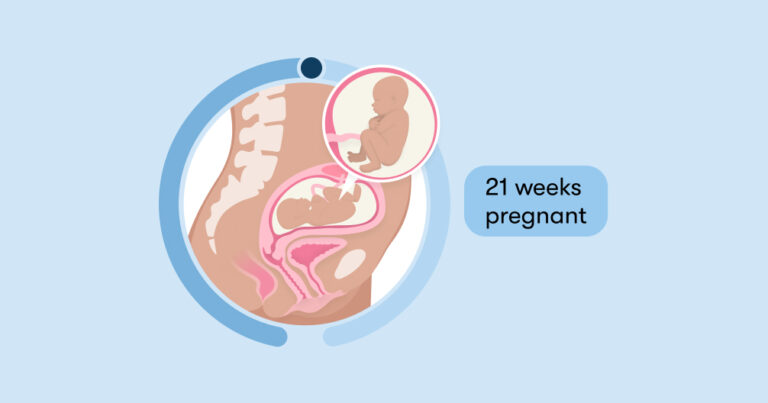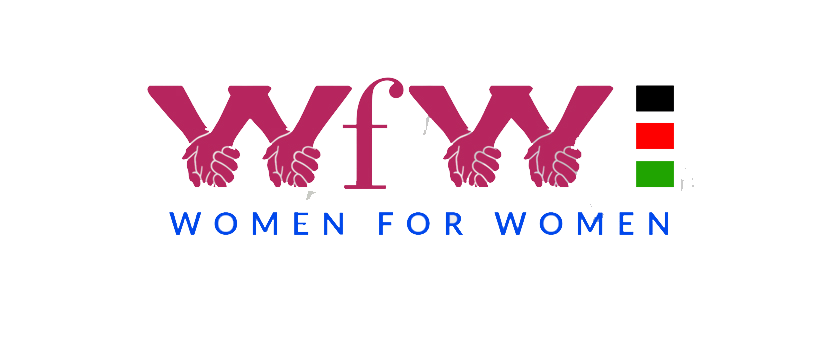At Women for Women Kenya, we understand that navigating a pregnancy termination at 21 weeks can be a deeply emotional and complex decision. Our mission is to offer accurate, empathetic, and non-judgmental support to every woman who walks through our doors. This blog provides an overview of what to expect, why it may be necessary, and how we support you through the process.
Why a 21-Week Termination May Be Needed
Terminations at 21 weeks may be necessary for various medical or personal reasons, including:
- Severe fetal anomalies that were only identified during the detailed anatomy ultrasound scan (usually performed between 18–22 weeks).
- Serious maternal health risks, such as preeclampsia, cardiac issues, or cancer, that make continuing the pregnancy unsafe.
- Mental health considerations or personal circumstances that have become unsustainable.
- Delayed access to abortion services due to legal, logistical, or financial barriers.

Procedure Used at 21 Weeks: Dilation and Evacuation (D&E)
At 21 weeks, the standard method of termination is Dilation and Evacuation (D&E):
- Cervical Preparation: The cervix must be gently and safely dilated using osmotic dilators (like laminaria) and medications such as misoprostol. This process may take one to two days.
- Surgical Evacuation: Once dilation is adequate, the doctor performs the evacuation using suction and surgical tools. The procedure is done under sedation or general anesthesia, depending on your medical history and preferences.
- Pain and Comfort: Your comfort is our priority. We offer appropriate pain management options and emotional support throughout.
Medical Induction as an Alternative
In some cases, especially if D&E is not available or the pregnancy is closer to 24 weeks, a medical induction may be used. This involves administering medication to induce labor and deliver the fetus vaginally. The process can take several hours to over a day.
Risks and Considerations
While 21-week terminations are generally safe when performed by trained providers:
- There is a slightly higher risk of complications compared to earlier abortions.
- Possible risks include bleeding, infection, injury to the uterus or cervix, and emotional distress.
- Post-procedure care and follow-up are essential to monitor physical recovery and emotional well-being.
Recovery and Aftercare
Physical recovery may take a few days to a week. We advise rest, hydration, and avoiding heavy lifting or sexual activity for a short period. Emotional recovery is equally important. We offer post-abortion counseling and support groups for those who need a safe space to process their experience.
Legal Context in Kenya
Under Kenyan law, abortion is permitted when the life or health of the mother is at risk, including mental and social well-being. At Women for Women Kenya, we operate within this framework to ensure your rights and safety are protected.
We Are Here for You
A 21-week pregnancy termination is a serious decision, often made under difficult circumstances. You deserve compassionate, high-quality care. If you need guidance, medical evaluation, or someone to talk to, contact Women for Women Kenya. We will walk with you every step of the way—with dignity, privacy, and support.
Contact Us
📞 Phone: 0700 811 528
📧 Email: kenyawomenforwomen@gmail.com
🌐 Website: https://womenforwomenkenya.com




